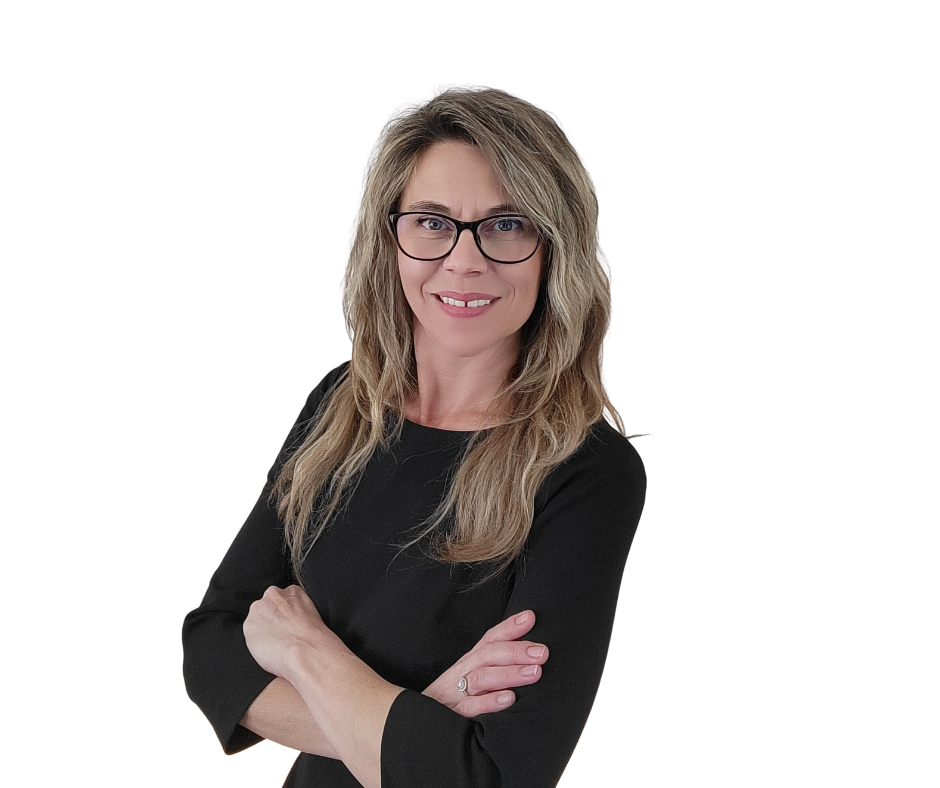How is your sleep?
50% of Americans are sleep deprived
-

How much sleep do I need?
These guidelines serve as a rule-of-thumb for how much sleep children and adults need while acknowledging that the ideal amount of sleep can vary from person to person.
For that reason, the guidelines list a range of hours for each age group.
https://www.sleepfoundation.org/how-sleep-works/how-much-sleep-do-we-really-need
-

Sleep Functions
Sleep has an impact on many of the bodies systems. This graphic shows a few changes that may happen when you are sleep deprived.
-

Circadian Rhythm
For most people, sleep-wake cycles follow the sun. As daylight breaks and temperatures get warmer, we wake up. As darkness falls, core body temperature drops and the body produces a hormone called melatonin that promotes sleep.
This daily pattern is known as the circadian rhythm and it is managed by a master clock in the brain called the suprachiasmatic nucleus (SCN). Located in the hypothalamus, the SCN tells our body when to sleep, when to eat, and when to be the most active, based on cues such as light and temperature.
Circadian rhythms shift throughout our lifespan, peaking in lateness during adolescence1 and then gradually shifting back as we age. Changes to the circadian rhythm are a common cause of sleep problems in older adults.
https://onlinelibrary.wiley.com/doi/full/10.1002/jbio.201900102
-

Sleep Stages
As we sleep there are 4 main phases we cycle through. During REM sleep we work on the functions above the neck- processing memories, flushing cerebral fluids, detoxing. During Deep sleep we work on everything below the neck so hormones are secreted and muscle fibers are repaired. If you find yourself waking at 4am every night it may just be the end of your sleep cycle. It is normal to wake after a sleep cycle especially later in the night.
-

Set the Stage
Use these helpful tips to get your space ready for sleep. Eliminate light, sound, distractions in general. The bed is for SLEEP.
-

Prior to Sleep
There are some basic things we can do to improve our sleep. Another great tool is a sleep tracker like a smart watch. This can give valuable insight to share with your doctor.
